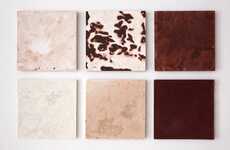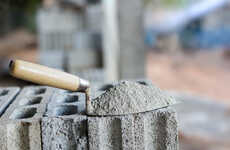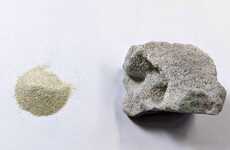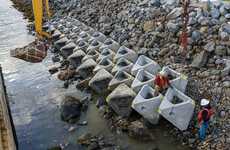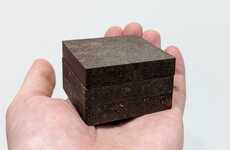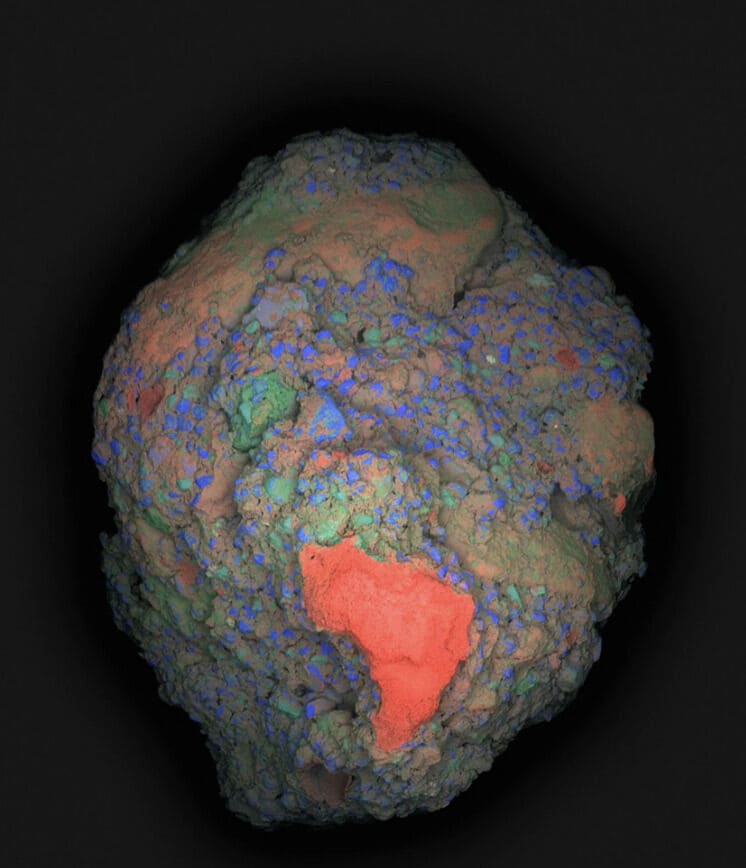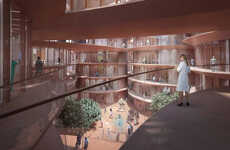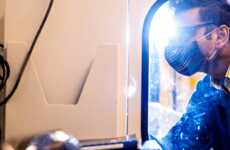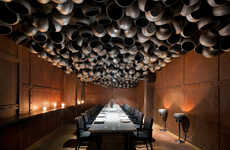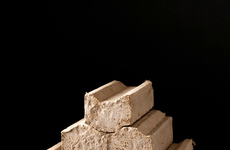
MIT and Harvard are Inspired by Ancient Roman Concrete
References: science.org & dezeen
The durability of ancient Roman concrete was a mystery until now—leading research universities MIT and Harvard claimed to have figured it all out and are preparing "a modern version of the recipe" for the market. This carries great implications for the sustainability and longevity of buildings as it is no secret that the Roman structures that have endured through the present time have survived some 2,000 years.
After much testing, researchers found that ancient Romanes infused concrete with quicklime (this is lime "in its purest state) and because of this, the material gained what has been described as "self-healing properties." The researchers found that ancient Roman concrete was also subject to hot mixing—a process that releases a lot of heat and "gives the lime cast a 'brittle nanoparticulate architecture.'"
Image Credit: Harvard, MIT
After much testing, researchers found that ancient Romanes infused concrete with quicklime (this is lime "in its purest state) and because of this, the material gained what has been described as "self-healing properties." The researchers found that ancient Roman concrete was also subject to hot mixing—a process that releases a lot of heat and "gives the lime cast a 'brittle nanoparticulate architecture.'"
Image Credit: Harvard, MIT
Trend Themes
1. Self-healing Material - Exploring new materials that have self-healing properties similar to ancient Roman concrete could revolutionize the durability and maintenance of modern construction.
2. Sustainable Building - Building with materials that have proven to be durable and sustainable, like ancient Roman concrete, could greatly decrease the environmental impact of the construction industry.
3. Innovative Fusion - Combining ancient Roman engineering techniques with modern materials and technologies could produce innovative solutions for construction and infrastructure.
Industry Implications
1. Construction - The construction industry could benefit greatly from incorporating self-healing materials into building foundations, facades, and infrastructure.
2. Civil Engineering - Civil engineers could explore how to incorporate the self-healing properties of ancient Roman concrete into modern concrete structures, bridges, and roads.
3. Material Science - Material scientists could study the nanoparticulate architecture of ancient Roman concrete and seek to replicate it in modern materials with self-healing properties.
6
Score
Popularity
Activity
Freshness

